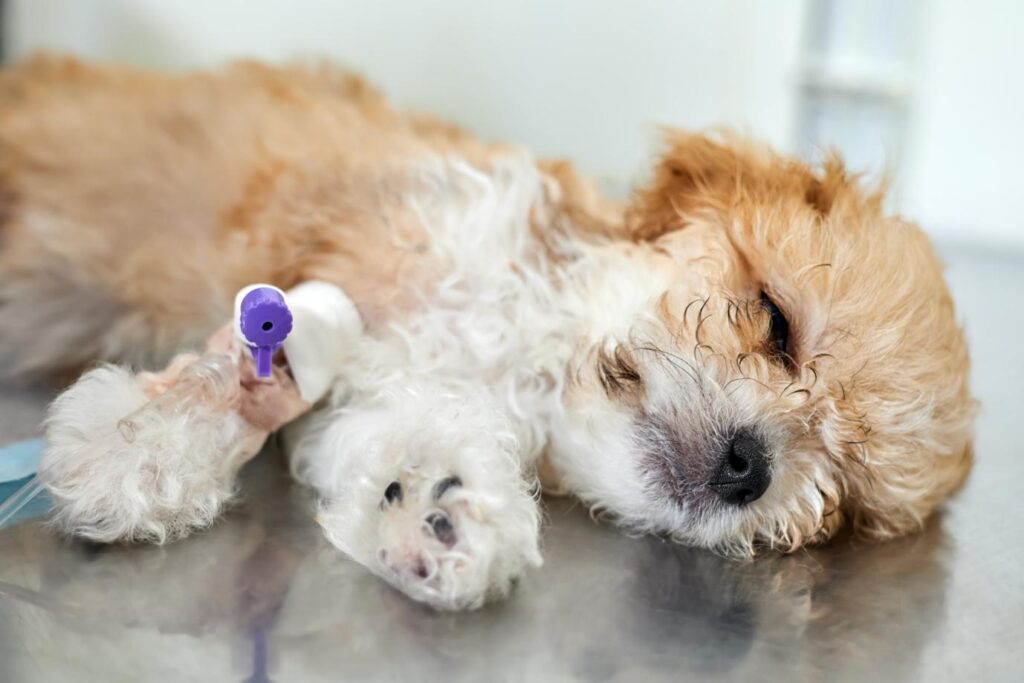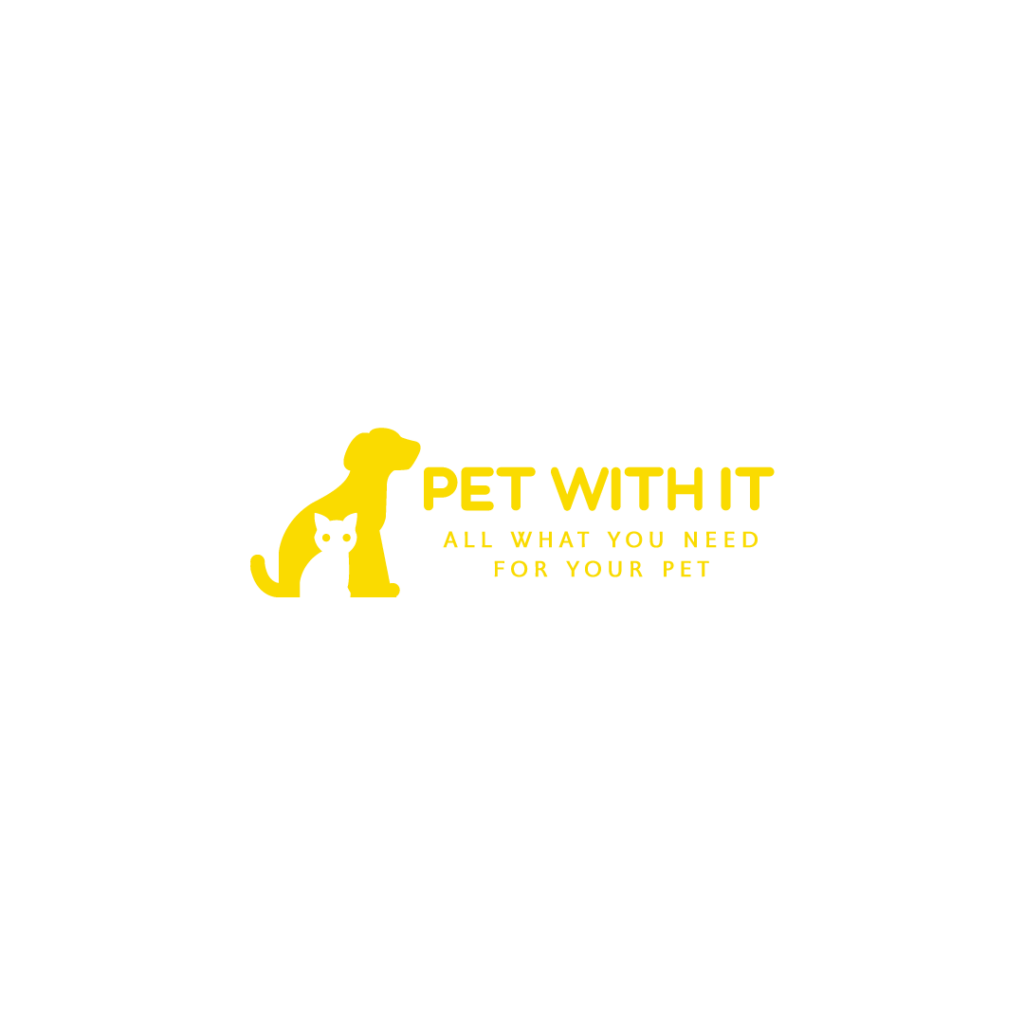What You Need to know about Dogs Parvovirus

Dogs parvovirus, or CPV, is a highly contagious virus that affects dogs of all ages. It is most commonly seen in puppies who are not yet vaccinated, but can also affect older dogs.
In this blog we tackle about everything you know to about the fatal virus.
What is Parvo Virus?
Parvovirus is a deadly virus that commonly affects puppies and young dogs. It is highly contagious and can spread quickly through a population of dogs. The virus attacks the gastrointestinal tract and can cause severe vomiting, diarrhea, and dehydration. Parvovirus is often fatal, particularly in young puppies. Early diagnosis and treatment is critical to the survival of affected dogs.
Canine parvovirus is a serious threat to the health of your dog. If you think your dog may have been exposed to the virus, it is important to seek veterinary care immediately. There is no specific cure for parvovirus, but early diagnosis and treatment can improve the chances of survival for affected dogs.
How do Dogs get Parvo Virus?
There are a few ways that dogs can contract parvovirus. The most common way is through contact with contaminated feces, either directly or indirectly. Dogs can also contract the virus through contact with contaminated surfaces, such as the ground or even your own clothing. Puppies are particularly susceptible to the virus because their immune systems have not yet fully developed.
Symptoms of Parvo Virus
Canine parvovirus is a serious, life-threatening illness that can affect dogs of any age, breed, or size. The most common symptoms of parvovirus are vomiting and diarrhea, which can lead to dehydration and death, so make sure your dog is up-to-date on his vaccinations.

How to Treat Parvo Virus?
If your dog contracts canine parvovirus, also known as “parvo,” it is important to seek professional veterinary care immediately. While there is no specific cure for parvo, early intervention and treatment can improve the chances of your dog making a full recovery.
During the initial stages of parvo, your dog will likely experience severe vomiting and diarrhea, which can lead to rapid dehydration. Treatment focuses on replenishing fluids and electrolytes, as well as preventing secondary infections. In severe cases, hospitalization may be necessary.
With prompt treatment, most dogs recover from parvo within two to three weeks. However, some dogs may experience long-term effects such as digestive issues or heart problems.
If you are concerned about your dog contracting parvo, talk to your veterinarian about vaccination options. Vaccinating your dog is the best way to protect them from this potentially deadly virus.

What To Do If You Suspect Your Dog Has Parvo Virus?
If you think your dog may have parvo virus, it is important to seek professional medical help immediately and isolate your pet from other dogs. There are a few things you can do at home to help ease your dog’s symptoms in the meantime.
Give your dog plenty of fluids to prevent dehydration. An easy way to do this is to offer small frequent meals of boiled chicken and rice. You can also give Pedialyte or electrolyte solutions designed for dogs, available at most pet stores.
Keep your dog as clean and comfortable as possible. This means cleaning up any vomit or diarrhea immediately, and providing a soft bedding area for them to rest in. A fever can cause increased thirst, so make sure their water bowl is always full and easily accessible.
Try to keep your dog calm and quiet. Too much activity can worsen diarrhea and vomiting. If possible, create a quiet, isolated area for them away from any commotion in the house.
Finally, make sure you practice good hygiene yourself. Wash your hands thoroughly after handling your dog or their things, and disinfect anything they may have come into contact with, like their food bowl, bedding, or toys.
Does Pet Insurance Cover Parvo Virus?
Most pet insurance policies will cover the cost of treatment for parvovirus, as it is considered a life-threatening disease. However, it is important to check with your individual policy to be sure. Some policies may have a waiting period before coverage kicks in, so it’s important to make sure you’re familiar with the terms of your pet policy.
Find Pet Insurance providers in Dubai
Is It Expensive To Treat Parvo Virus?
The virus is highly contagious and is spread through contact with contaminated feces. Treatment for the virus can be expensive, often costing hundreds or even thousands of dirhams. However, taking steps to prevent your dog from contracting the virus is the best way to protect them and keep them healthy.
Is Parvo Virus Deadly?
Treatment for parvo is typically intensive and expensive, and often requires hospitalization. Unfortunately, even with treatment, the mortality rate for canine parvovirus is high, especially in young puppies.
The best way to protect your dog from parvovirus is to have him vaccinated. If you think your dog has been exposed to the virus, contact your veterinarian immediately. Always be cautious and on high alert if your dog experiences any of the symptoms listed.
Everything you need to know about pet vaccination
For more furry destinations, latest blogs, events, and providers you can stay updated by following us on Instagram and signing up for our newsletters.
